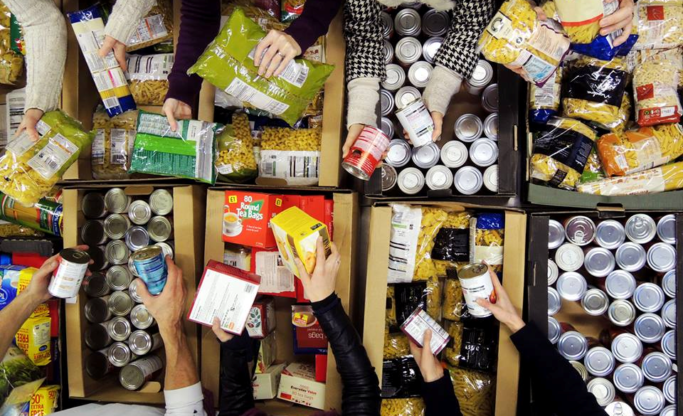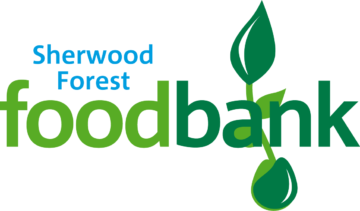News
6 Unexpected Things Foodbanks Need
23rd December 2015
Share this: facebook link twitter link linkedin link

A visit to the food bank isn’t exactly a traditional Christmas activity, but one UK charity is asking for a little extra help this month, when demand is at its highest and families are choosing between eating and heating.
The Trussell Trust operates 425 food banks across the UK providing emergency food and support for people in crisis. Last year, the charity’s food banks gave three-day emergency food supplies to more than 130,000 people in the UK, nearly half of whom were children.
“December is always the busiest month for food banks,” says Molly Hodson, head of media and external affairs at the charity. “There’s a massive spike every year – December is 50% busier than every other month – and January is also high.” These are the months during which a lot of families on low incomes pay a “poverty premium”, says Hodson. “Winter is just a much harder time for people living in poverty, especially if they’re on pre-payment meters for their gas and electricity. A lot of people end up making choices between eating and heating their home.”
At Christmas time, many food banks try to do a little extra for users. “Alongside the standard food parcels which have three days of non-perishable, nutritionally balanced food in it, some food banks will do Christmas presents for kids, which is really nice,” says Hodson. “It’s trying to give people a bit of normality at Christmas.”
While many of us know that food banks provide food – and are happy to donate tinned items and other grocery items – not all of us are aware that food banks could do with donations of other essential non-food items as well.
“We asked food bank managers and users across the UK and these are all the things people say consistently – time and time again – they need, but they are not things people often think to buy,” says Hodson. “And they make such a difference.”
1. Toilet roll
This is self-explanatory, and always necessary. “One food bank is having to ration it to one roll per household,” says Hodson.
2. Sanitary towels and tampons
“We don’t have the data on how users of the food banks break down across gender lines,” says Hodson. “When someone comes to the food bank, they’ll often pick up for the whole household.” But she adds: “[Feminine hygiene products] are an awkward thing to say that you’re short of. If you’re at the point where you can’t afford food, chances are that you’re not going to be able to afford sanitary products either.”
“It’s really important, especially in terms of dignity, to be able to cope. We’ve heard some horrible reports from some of our food banks where women were having to use newspaper and that sort of thing. Obviously you have to be resourceful in these situations and people come up with all kinds of coping mechanisms but we’d prefer they didn’t have to cope, and that they actually were able to have what everybody else has.”
3. Tin openers
“There are all kinds of people who don’t have these, especially women who’ve been relocated because of domestic abuse,” says Hodson.
And as food banks get a lot of tinned, non-perishable food, this is a handy thing to drop off at the collection point.
4. Nappies
Generally, food banks would prefer disposable nappies over cloth nappies. “The best thing people can do is call their local food bank and find out what they need,” says Hodson.
“We get parents with children of all ages. Some of the most stark cases are women who have literally just given birth and haven’t got anything, and are really struggling as well as being a new mum.”
5. Toiletries (shampoo, shower gel, deodorant)
You know how at Christmas, lots of people get packs of toiletries they don’t want, because it’s a bit of a standard present? Bring them along to your local food bank collection point. “If people don’t want them,” says Hodson, “it’d be amazing if they gave them to the food bank, because it’s the kind of thing that makes a massive difference.”
Shaving gels and foams are also welcome.
6. Baby food
Baby food is another item that many people don’t think to include on their list of donations to food banks, says Hodson. Well, now you know.
There are lots of places around the UK where you can drop off food and other items for foodbanks.
The Trussell Trust has a map of its foodbanks here and donations can also be made at selected supermarkets across the UK. Ask in-store for details.
This piece was originally published on BuzzFeed News on Decmber 23rd 2015
